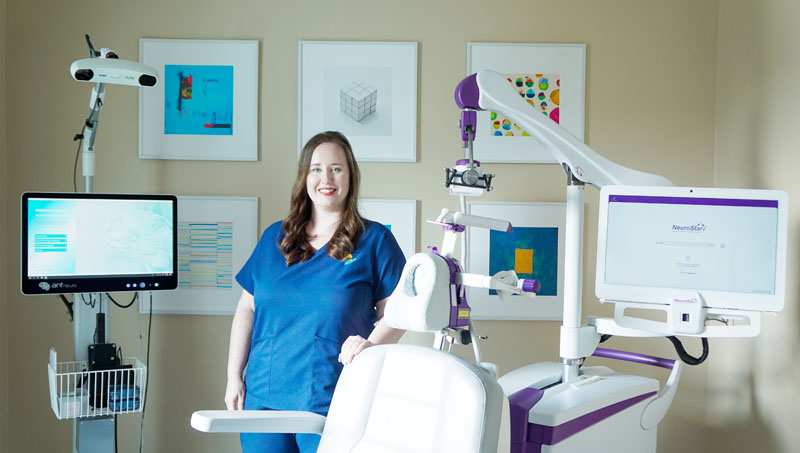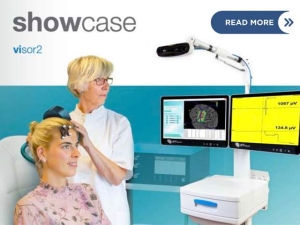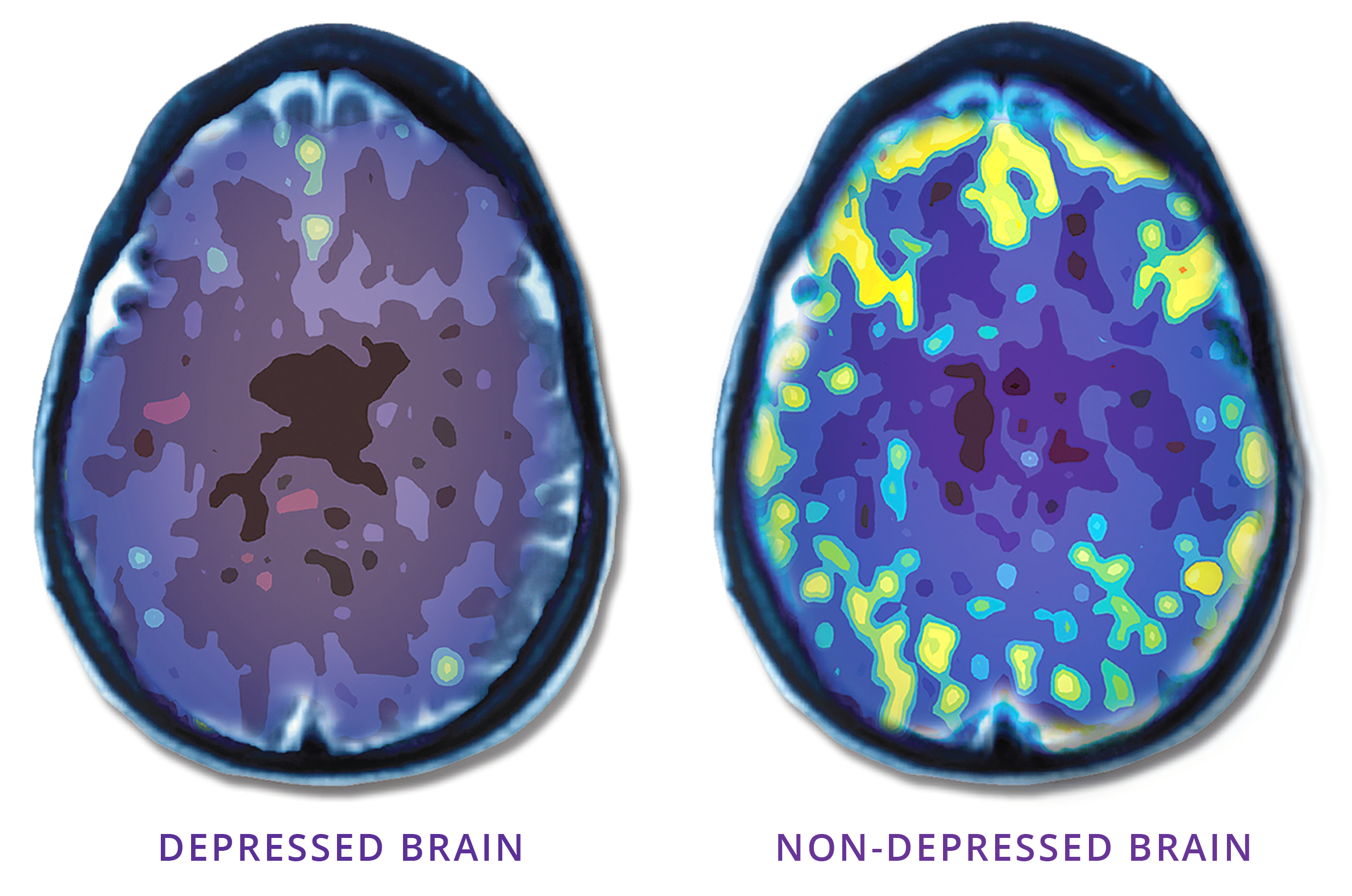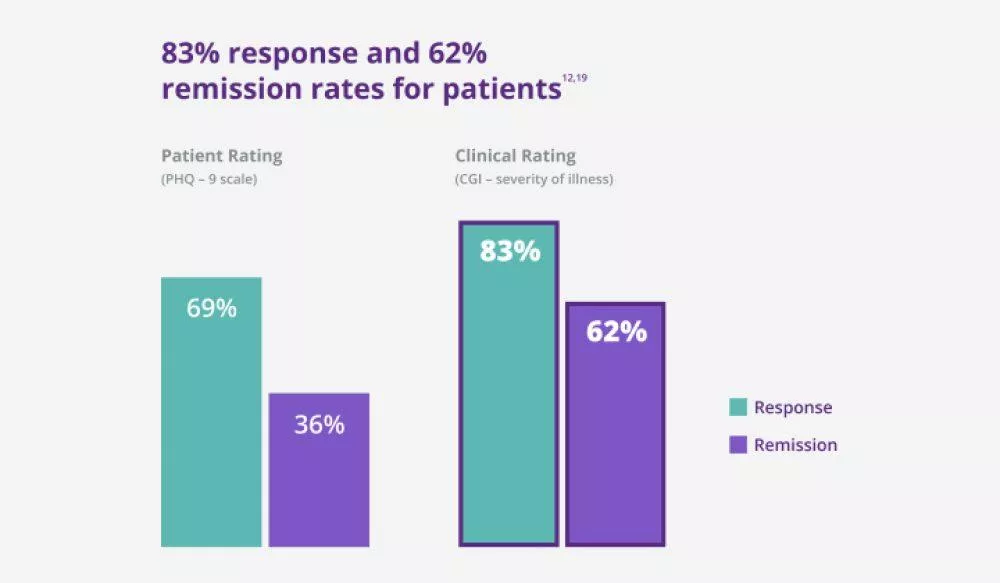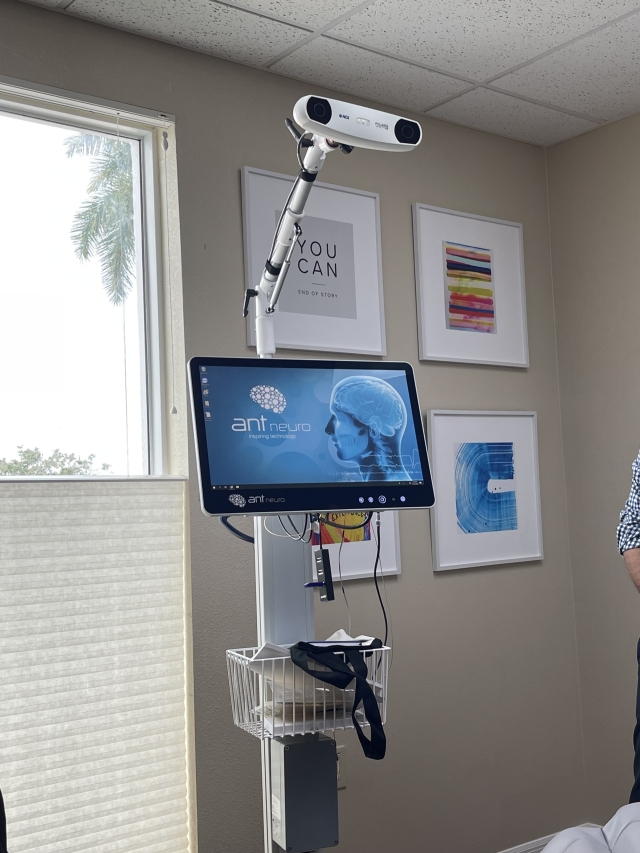Contact Info
Sarasota Psychiatrist Rebecca Cohen MD – Effective Treatment
 N/a
N/a
Sarasota
Dr. Rebecca Cohen, Psychiatrist
(941) 924-6422
Monday
Tuesday
Wednesday
Thursday
09:00 AM
05:00 PM
Friday
09:00 AM
01:00 PM

Copyright © Sarasota Psychiatrist Rebecca Cohen MD – Effective Treatment. 2026 | All rights reserved.

